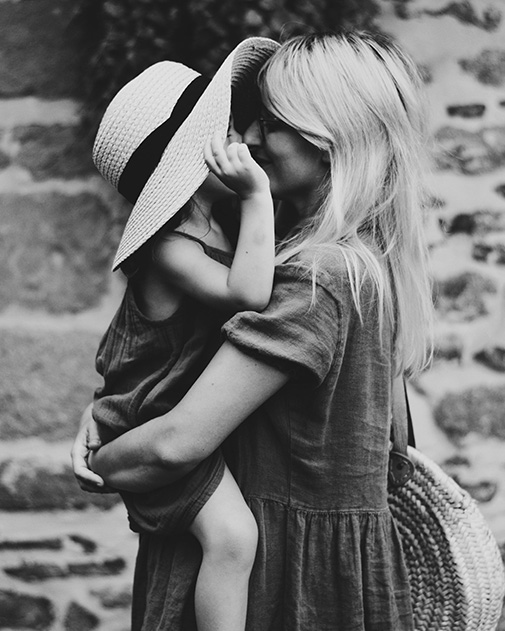
Close

Whether you’re feeling stressed at work or home, navigating a traumatic time in life, or have a child/teen struggling with anxiety, Parenting is both challenging and rewarding and for a lot of parents’ self-care gets put on the back burner, but it’s essential to nurture your mental health as you navigate parenthood – no matter how old your children are.
My mindfulness practice empowered me with simple tools and techniques that helped me support my child when he was struggling with big emotions, it also helped reduce my feelings of anxiety, boost my confidence as a parent, and had an incredibly positive effect on my mental, emotional and physical well-being
Mindfulness is placing gentle focus upon a sound, an object, visualisation, the breath, movement, or attention itself, to increase awareness of the present moment, without judgment, to help reduce stress, promote relaxation and enhance mental health and emotional wellbeing. It has roots in Buddhism but you don’t have to be spiritual, or have any particular beliefs, to try it.

Helping and supporting children and families by providing information and training courses on meditation and mindfulness, for parents who are looking to support their child struggling with anxiety, low self-esteem, trauma or other mental health issues.
Our children's classes are packed with enriching mindful activities and bespoke meditations to help children create their unique 'mindfulness toolbox' to access at any time, especially when overwhelmed by big feelings, like anger, fear and anxiety.
We know that for some children, meeting new people and new experiences can feel daunting and scary, that's why we build bespoke 1-2-1 sessions that are tailored just for you and your family.

The way we think (and what we think about) can affect how we feel and act. Mindfulness teaches us how to respond to stress with awareness of what is happening in the present moment, rather than simply acting instinctively, unaware of what emotions or motives may be driving that decision
The theory behind mindfulness is that by using various techniques to bring your attention to the present (by focusing on your body and your breath), you can learn how to notice how thoughts come and go in your mind. You may learn that they don’t have to define who you are, or your experience of the world, and you can let go of them. Notice what your body is telling you.
For example, tension or anxiety can often be felt in your body (such as in a fast heartbeat, tense muscles, or shallow breathing). You can then create space between you and your thoughts, so you can react more calmly and begin to see that practicing mindfulness can improve our mood, stress levels, and overall quality of life. And make us feel happier.